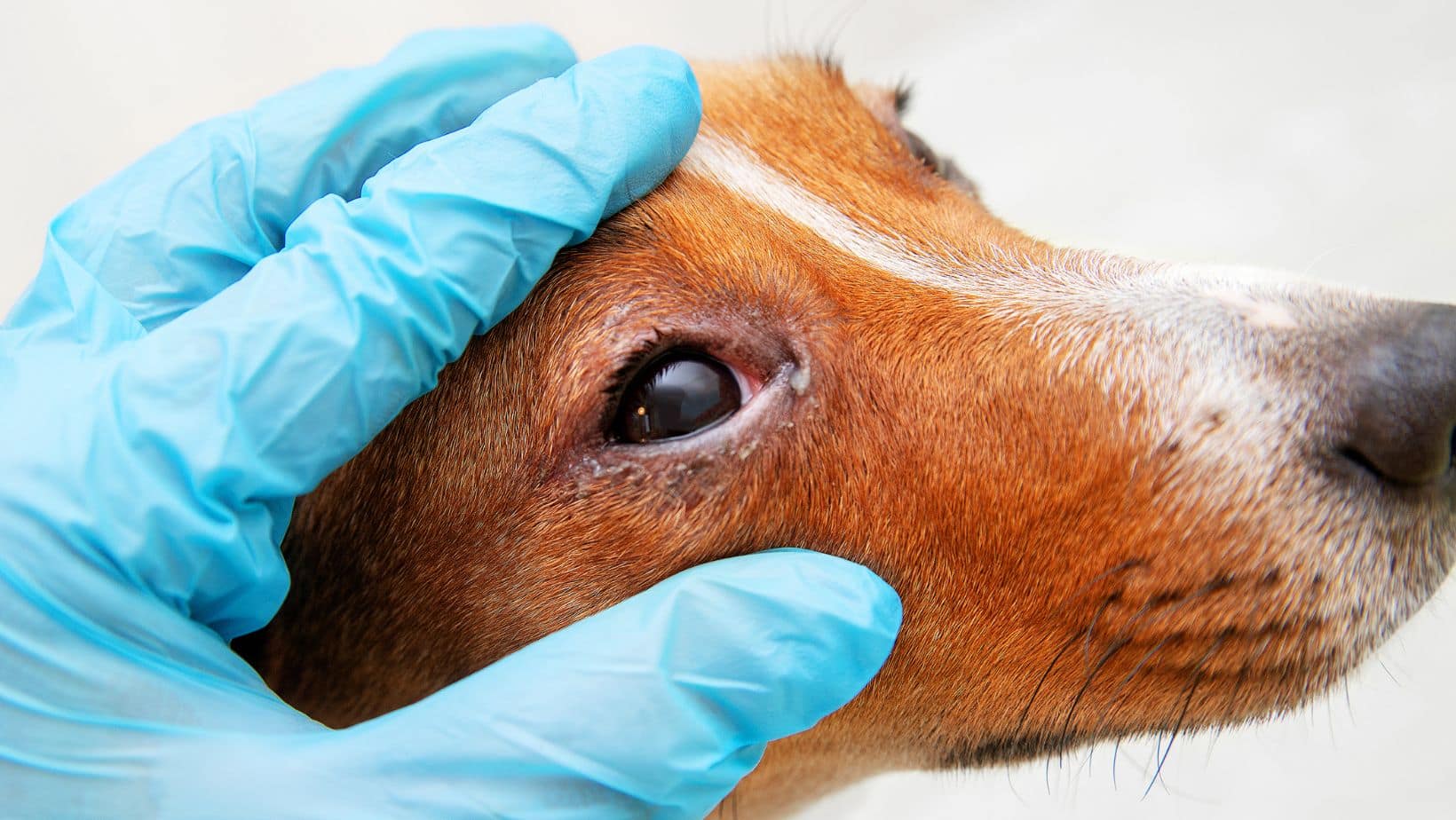
Conjunctivitis in Pets: Natural Remedies

What is conjunctivitis?
Conjunctivitis is an inflammation of the conjunctiva. The conjunctiva is a mucous membrane similar to the lining of the mouth and nose. This membrane, a layer of epithelial cells with mucus-secreting cells, covers part of the eyeball and lines the eyelids.
In a healthy cat and dog it is a pale pink colour.
The most common clinical signs of conjunctivitis are discharge from the eyes, squinting or excessive blinking, and redness or swelling around the eyes.
Try my tips for treating conjunctivitis naturally, but if there is no improvement within a few days, or if it gets worse, have the eye examined by a vet!
1.Black tea
Use freshly brewed (steep for 10 minutes), cooled, filtered black tea as an eye rinse or compress 2 to 3 times a day.
Black tea leaves contain astringent tannins and therefore have a decongestant, anti-secretory and antimicrobial effect.
2. Eyebright (Euphrasia officinalis)
You can alternate black tea with an eyebright infusion.
For the decoction, about 5 g of dried eyebright herb is added to 200 ml of cold water, brought to the boil, left to infuse for 2 minutes, then strained and filtered.
Aucubin and other iridoid glycosides from eyebright have anti-inflammatory properties.
3. Colloidal Silver
You can also alternate black tea with colloidal silver.
Colloidal silver is a suspension of tiny particles of silver in distilled water.
It is known to have antibacterial, antiviral, antifungal and anti-inflammatory properties.
4. Homeopathy
It is advisable to have a homeopathic textbook with a repertory to check which remedy best fits the symptoms.
But here are some common remedies for conjunctivitis:
Aconitum napellus: on cold and dry wind, the eye is hot, dry and red, with few tears and severe burning pain.
Apis mellifica: sudden acute swelling of the eyelids, redness and inflammation, heavy lacrimation
Allium cepa: severe lacrimation with mild secretion, sensitivity to light
Euphrasia: severe redness of the inner side of the eyelid with heavy watery discharge; also used externally as Euphrasia eye drops
Give either a low potency such as C6 or D6 three to six times a day or a high potency such as C30 three times a day. Stop when you see an improvement or if there is no improvement after 2 days.
5. Natural eye drops
However, eye drops are easier, such as Euphravet Eye Drops for Pets with eyebright and rose oil, or Euphrasia Eye Drops from Wala.
All the tips I have given here can also be applied to humans.






